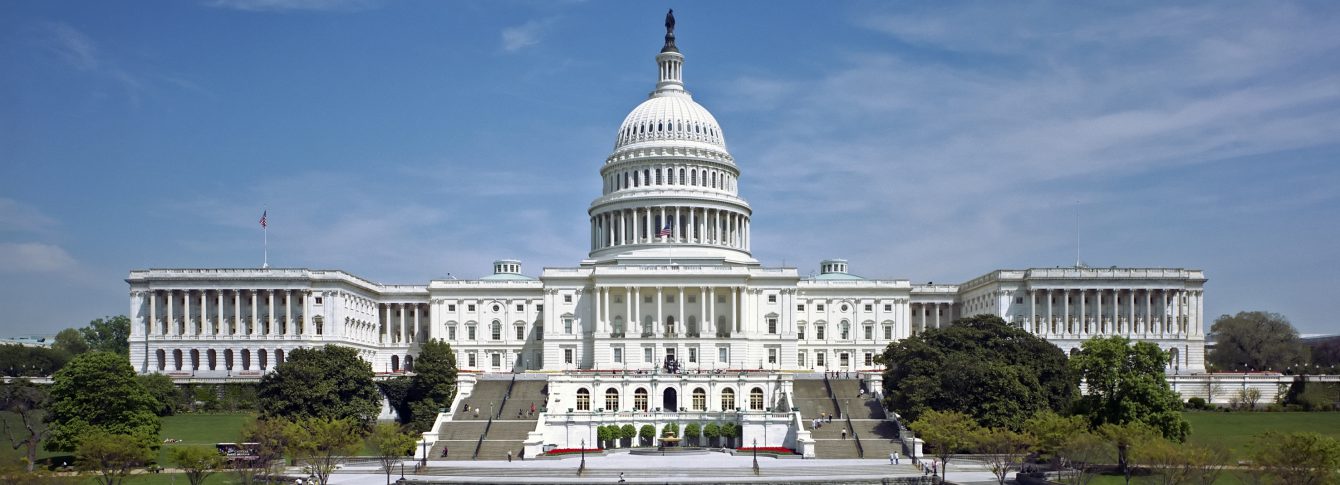The Problem With Libertarianism
Both liberals and conservatives would benefit greatly from incorporating more libertarianism into their worldviews. The libertarian ethos of maximizing freedom, and of people taking responsibility for their lives, while doing so in such a way as to allow others to do the same, has a lot to be said for it. However, modern American libertarianism has a fundamental flaw preventing its more widespread adoption. The issue with libertarianism (at least as it is commonly conceptualized) is the emphasis on “freedom to,” rather than “freedom from.”

Modern American libertarianism is very concerned with your freedom to do what you want, when you want, how you want. It argues that that the government should butt out of both bedrooms and markets. It advocates for minimal taxes and minimal government services and regulations, arguing that private individuals and private corporations are better placed to do basically everything other than run the police, first responders, and the military.
This libertarianism offers us the most freedom in theory—but in reality, somehow ends up benefiting people who already have a lot of freedom the most. This is great if you’re a guy with good health, wealth, skills, and/or power, but if you do not already have freedom from hunger, freedom from medical needs, freedom from discrimination, inadequate housing, poor or limited education, and so on—not so much.
If libertarianism extends some people’s total freedom and flourishing, that is all to the good. But if this is at the expense of removing a baseline level of freedom and flourishing for others, this is where libertarianism falls down. This is why libertarians are overwhelmingly white, male and wealthy. They consistently tend to conceive of their privilege in abstract, high-minded, principled terms, with little apparent thought or care for the practical implications of their philosophizing on people who are underprivileged.
Ever since Reagan, America has arguably been on a libertarian political arc, with deregulation, lower taxes, and reduced government services the guiding principle of conservative thought for the last three decades. The proof of this libertarian experiment has been in the pudding. While GDP and productivity have grown, GDP hasn’t grown particularly quickly relative to the 50’s and 60’s when taxes and regulations were at their highest, and the distribution of rewards has vastly narrowed since the 80’s. The top five to ten percent of income earners have flourished and enjoyed more liberal social norms and the fruits of a globalized world.
Meanwhile blue collar and middle class wages haven’t budged in real, inflation-adjusted terms, becoming completely decoupled from the gains in productivity that grew middle class prosperity for the three decades post-WWII until the ascent of Reaganomics. Combined with an explosion in healthcare and education cost inflation, ordinary people have been progressively squeezed out of a secure middle class lifestyle, becoming part of a precariat that’s just one unexpected bill away from potential ruin.
So libertarians do have lots of great ideas about many things, particularly in regards to social freedoms, but libertarian philosophical purity, especially regarding economics, somehow seems to consistently come at the expense of the practical needs of the many.
Libertarians argue strongly that adult citizens are always the best judges of what’s in their own best interests. Libertarians appear unable to follow the implications of this logic however. Because if true, and libertarianism really does result in the greatest human flourishing, a majority of citizens would certainly recognize it, and become libertarians. The fact that they are not suggests that libertarianism has a way to go before it actually maximizes human freedom and flourishing for all—rather than just for a few.
